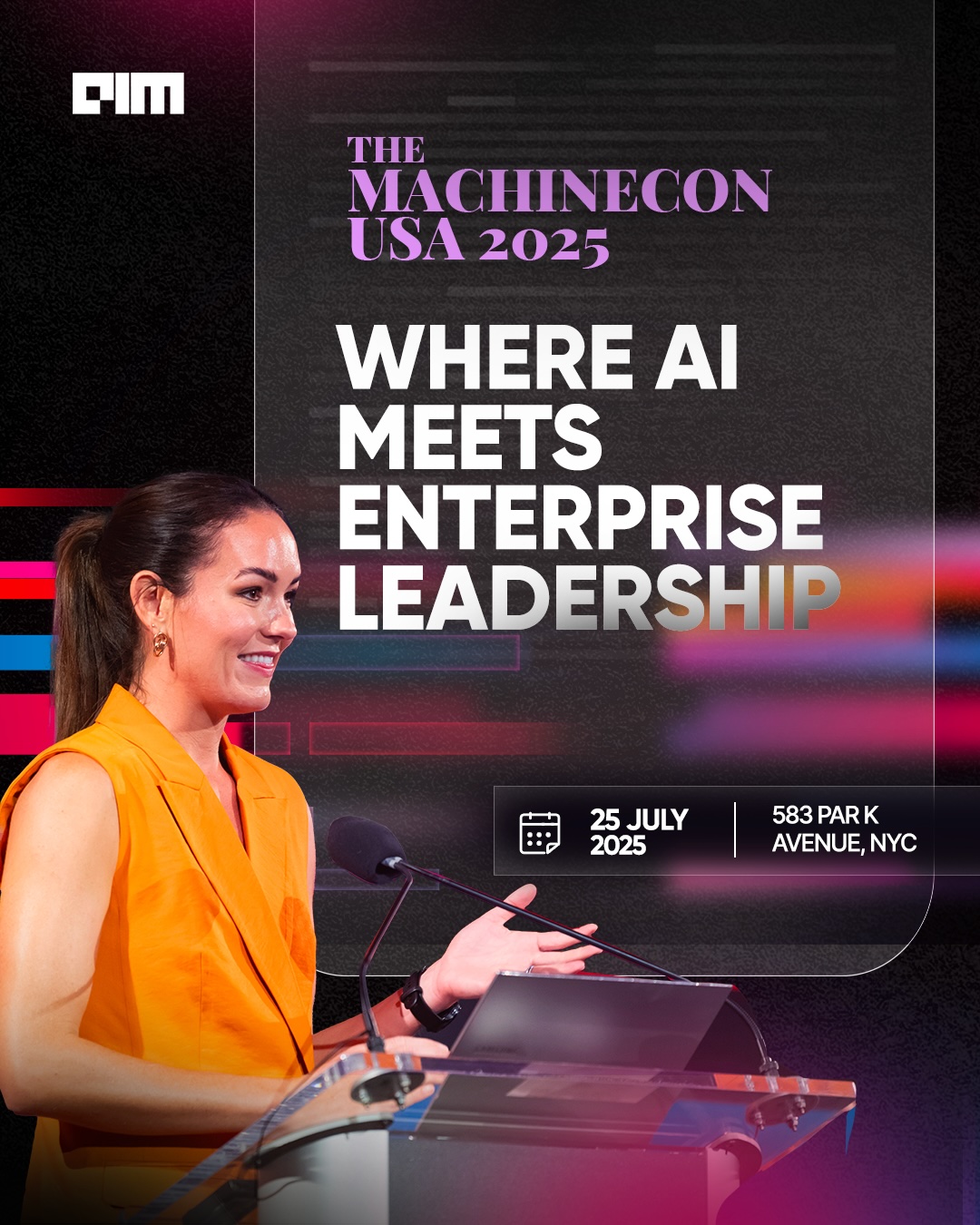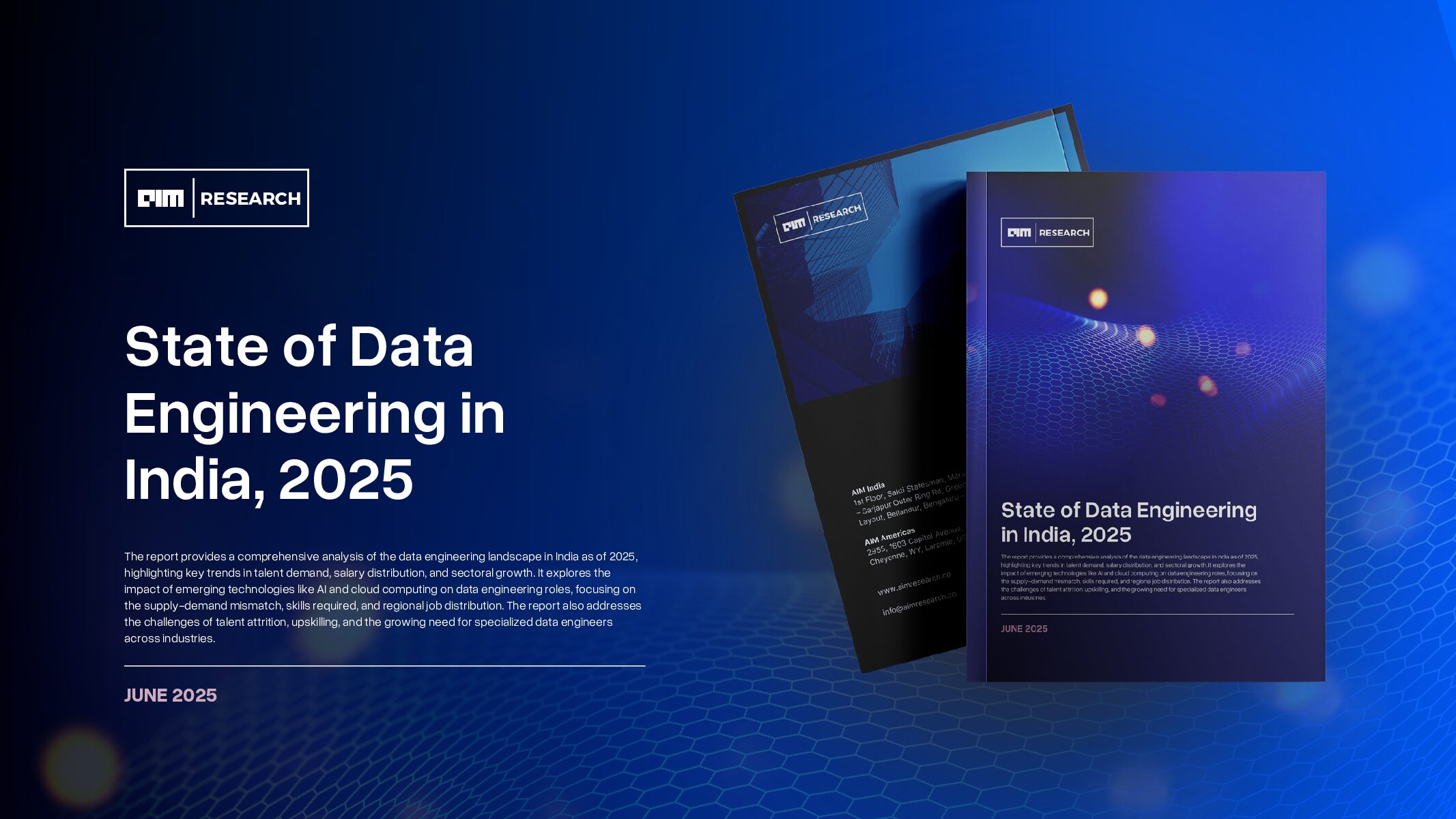In the past, when companies sought to hire a Chief Data Officer (CDO) or any other key executive, they typically focused on technical expertise, strong administrative skills, and a history of adeptly managing financial resources. However, in the fast-evolving world of business, this traditional approach no longer suffices.
Over the last couple of decades, the expectations for CDOs have dramatically transformed, prompting organizations to seek leaders with a unique set of skills. Today, CDOs are required to be more than data experts; they need a diverse range of soft skills that extend beyond conventional managerial qualifications.
We asked Bart Pietruszk, who has been the Chief Data and Analytics Officer at a leading bank with over 15 years of international experience. He mentioned, “In the midst of the evolving job market, modern CDOs face the reality that the workforce is teeming with high-flyers who thrive on challenges and innovative projects, especially in the realms of AI and ML. These dynamic professionals demand a workplace that not only presents them with opportunities to excel but also constantly challenges them to push the boundaries of what’s possible. As such, it is critical for a CDO to orchestrate an environment that fuels this drive; otherwise, they risk high attrition rates. Part of the CDO’s modern mandate is to manage such high-achieving individuals effectively, ensuring that their need for engaging and cutting-edge work is consistently met, thereby maintaining motivation and reducing turnover.”
Evolving Leadership in the C-Suite
In today’s landscape, companies are on the lookout for C-suite executives who can do more than just manage. They must motivate diverse, technologically savvy, and globally dispersed workforces. They should be adept corporate diplomats, navigating the complex world of interactions with a diverse range of stakeholders, from sovereign governments to influential NGOs. Furthermore, they should swiftly apply their expertise in new organizational settings, often in unfamiliar industries, while seamlessly collaborating with fellow C-suite colleagues they may not have encountered before.
This new reality presents a significant challenge in executive recruitment. The qualities now sought after in top leadership roles include softer skills, which have historically been overlooked in the corporate realm. In essence, relying solely on traditional indicators of managerial potential is no longer sufficient.
The Power of Compelling Storytelling
Strikingly, even consistently delivering high business value might not be enough to shield your organization from questioning its value. The key is the ability to confidently and persuasively articulate that value, whether it’s by boldly proclaiming it or calmly sharing it during executive discussions.
The essence of this skill is storytelling. As a strategic CDO, you may already have the foundational elements of your narrative stored in your shared drive. Storytelling comprises seven core elements, and interestingly, four of these easily align with the vision, strategy, roadmap, and functions you currently oversee.
In the contemporary corporate landscape, a CDO with storytelling expertise becomes a valuable asset. While it may seem like a challenging task for some, the good news is that you don’t need to be a seasoned screenwriter to craft a compelling narrative.
Today’s CDO must be a versatile leader, blending technical expertise with softer skills, including the capacity to craft persuasive narratives. These leaders possess the unique ability to drive their organizations forward, confidently navigating a complex and ever-changing business landscape with a clear vision.
In summary, Bart underscores the following key points, “Additionally, the modern CDO cannot afford to be viewed merely as a cost center within the organization. In this new era, they must actively demonstrate how the data department is a critical contributor to the commercial revenue of the company. A forward-thinking CDO looks beyond the conventional duties and ensures that their strategies and initiatives not only enhance the operational efficiency but also lead to the monetization of data. This commercial acumen is vital, as it positions the data function as a value-generating powerhouse, directly aligning with and supporting the organization’s broader business objectives.”
























